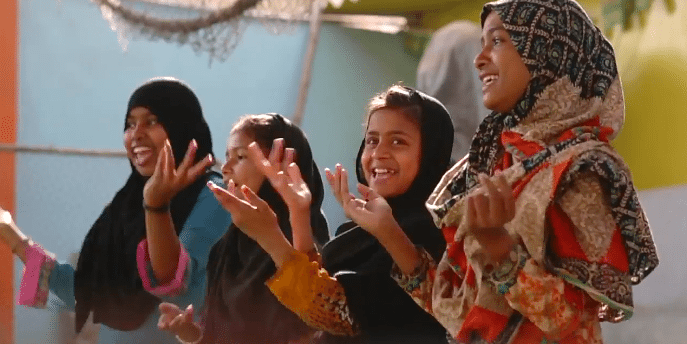In the heart of Karachi lies Machar Colony, also known as Muhammadi Colony, the city’s largest slum sprawled across 4.5 kilometers and housing nearly one million residents, most of whom are of Bengali or Burmese descent. The community survives largely on fishing and shrimp peeling, with the colony’s name rooted in the word “Machera” meaning fisherman.
Amidst the stench of decay, garbage heaps, and deteriorating infrastructure, Tahera Hasan, a High Court advocate and founder of the Imkaan Welfare Organisation, is working tirelessly to bring change. In a setting where infant mortality, abandonment, and child neglect are grim realities, her mission is to restore the fundamental rights of the colony’s children not just to survive, but to flourish.
From Research to Reality
Hasan’s journey began with field research, emphasizing the importance of understanding ground realities before initiating social work. With help from the local community, Imkaan identified urgent needs and started by launching a mother and child healthcare center.
Previously, residents relied on a midwife who charged Rs5000 and a new suit (“lawn ka jora”) for delivering a boy, and Rs2000 for a girl. Imkaan’s healthcare unit changed that, offering the same service for Rs1500, ensuring safe, affordable childbirth for all.
The Struggles of a Forgotten Childhood
Life in Machar Colony is harsh. Families often have 9–10 children crammed into one-room homes. Parents are forced to choose which child can attend school, while others are pushed into labor or left to roam the streets. Many children work in factories earning a meager Rs50 per hour or Rs200 per day.
Even more troubling, gambling among children as young as five is common. Children gamble with whatever they possess toys, food, or even personal belongings. Tahera recounts how new arrivals to Khel, Imkaan’s child development initiative, often brought their gambling tools with them a stark indicator of their reality.
Khel: A Safe Haven and Launchpad for Growth
Khel was designed as a sanctuary a playground and learning center that gives marginalized children a chance to learn, grow, and hope. With support from local stakeholders, the program combines formal education with arts and crafts, promoting both creativity and discipline.
One of its most innovative offerings is gymnastics a sport not traditionally associated with girls in conservative communities. With parental permission, Khel introduced gymnastics training for girls, giving them a new form of expression, confidence, and physical empowerment.
Transforming Attitudes, Bridging Divides
Tahera speaks with emotion about the transformation she has witnessed. Initially, children arrived with aggressive behavior, foul language, and deep-rooted ethnic biases especially between Pathan and Bengali groups. Today, these same children work and play together in harmony, learning respect, empathy, and teamwork.
Reflecting on their growth, she says, “They will leave eventually and face the world on their own but they will do so with dignity and strength. What they have learned at Khel will guide them.”
Read the original article and watch the video on: dailytimes.com.pk

